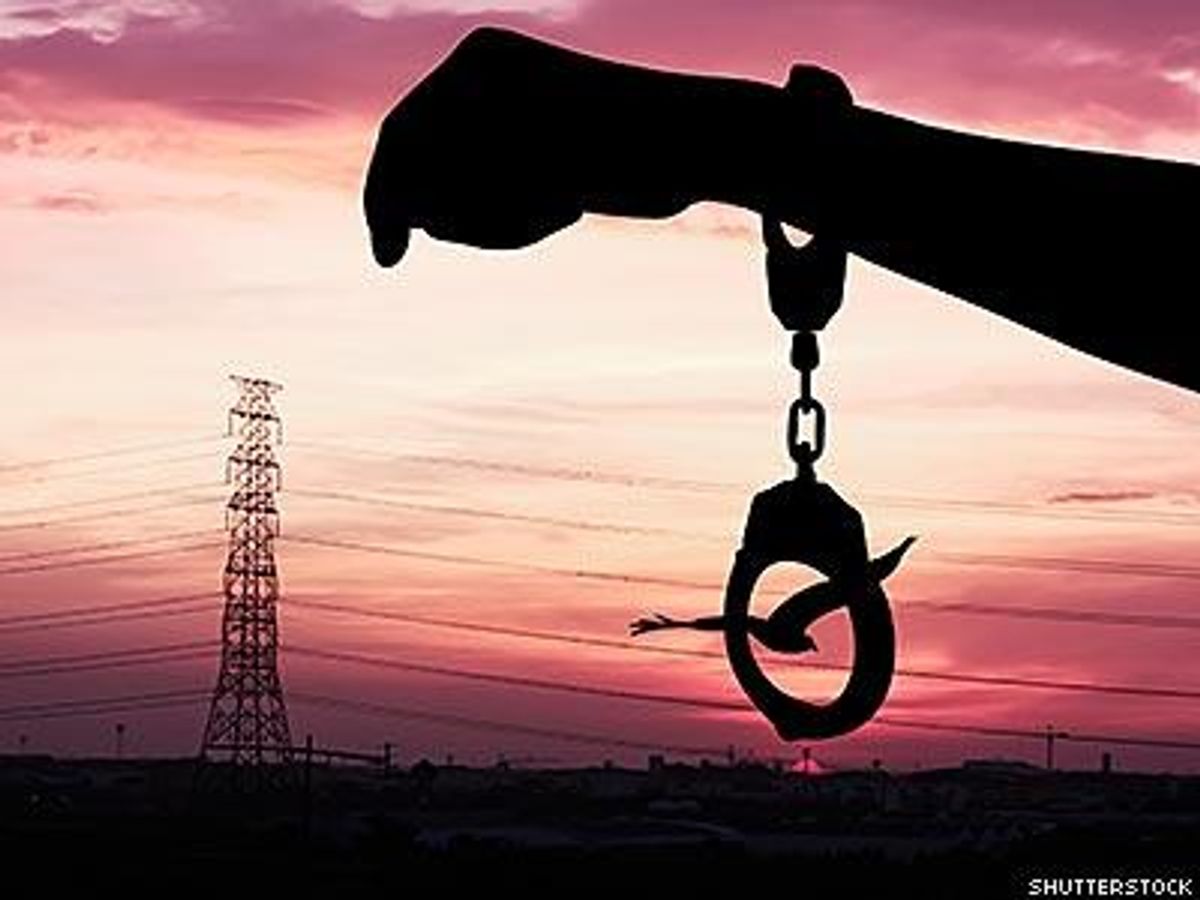The human rights organization Amnesty International recently took a brave step forward toward protecting the human rights of sex workers by supporting the decriminalization of the sex trade, including prostitution, brothel-keeping, and pimping. Amnesty’s stance shows the progress that’s possible when policy-makers move past stigma and truly listen to those who are impacted by their decisions.
In coming up with their new policy, Amnesty undertook two years of extensive research with sex workers, advocacy groups, and direct service providers. Sex workers were clear: criminalization was making their lives worse. Prostitution laws made sex workers easier to victimize by making it harder for them to report crimes for fear of being arrested.
Being arrested can leave sex workers with criminal records, which then prevent them from being able to access housing or find other work. Laws against brothels have pushed sex workers out onto streets alone, where their isolation makes them more vulnerable. Laws against pimping have been used to criminalize sex workers' partners, roommates, peers, and family members.
As a whole, the criminalization of sex work creates very real harm. The best method to combat those harmful outcomes is decriminalization, which is why Amnesty International's new position is so important. In fact, sex workers across the globe are celebrating it as a victory for their rights, their safety. and their health.
Decriminalization of sex work also helps fight the HIV epidemic. The criminalization of solicitation (whether it’s criminalizing the selling or the buying of sexual acts) means that negotiation for services, including wether or not a condom is used, is criminalized activity. Increased policing for prostitution means that these conversations become more rushed or may not happen at all. Studies show that condom use goes down in places where clients of sex workers are treated as criminals and when sex workers face increased policing. In many jurisdictions including New York City, the mere possession of condoms is considered evidence of prostitution, which means many sex workers (and those at risk of being mistaken for sex workers) fear carrying condoms at all. Reports of condoms being confiscated or destroyed or used to justify arrest are common in major cities across the country.
Taking a conversation on sex work into the mainstream is a win in and of itself. Those in the sex trade face stigma and discrimination. It’s hard to find thoughtful, substantive conversations about sex work occuring in a public forum. Too often, the default is to relegate these debates to hushed tones full of moral outrage. Just as stigma has had very real repercussions in the fight against HIV, it means sex workers are less likely to seek out resources, including criminal justice and medical services; they are less likely to tell their partners, family, and friends about being in the sex trade, which often means they end up cut off from their own families and communities; and they are more likely to avoid mentioning their work when accessing care.
By taking the conversation about sex work into the mainstream and treating it as a valid discussion — one that should be had with people in the sex trade themselves — Amnesty directly confronted that stigma. Instead of a hushed conversation of morality, it was a discourse about the lived experiences of sex workers and the impact of criminalization on their lives.
Amnesty’s other major contribution was in its methods. When making these decisions, too often large organizations fail to listen to those who are directly impacted. With the pushback that Amnesty received, it is laudable that they showed their commitment to human rights and accountability by listening to people involved in the sex trade. They’ve set a precedent for advocacy organizations, health departments, and other institutions: decisions should be made with your constituents, not for them.
Often recommendations from health departments and advocacy organizations do not take into account the nuances of the populations they serve when trying to address health crises. Pushing people to get tested when their HIV status is criminalized, telling people to carry condoms when doing so could get them arrested, or urging them to stay in care when homelessness forces constant mobility — these are all disconnects between well-intentioned organizations’ ideas on what is best, and the lived realities faced by the communities they serve.
Amnesty has given us a roadmap for how to create policy that not only incorporates the voices of those who are most impacted, but makes them central to any decision. By reaching out to sex workers in a variety of circumstances, and then basing their position on what they learned, Amnesty did something revolutionary. It allowed marginalized folks to determine what was best for their lives. It did what is often the forgotten step in human rights work — promoting the voices of the marginalized. In that step alone, Amnesty International acted radically, and hopefully took the first step in a long tradition of prioritizing human rights, dignity, and self-determination for sex workers.
But the Amnesty International decision is just a first step. We need to have even more conversations about sex work and the sex trade out in the open. We need them to undergird our decisions about the sex trade. And most importantly, we need to center the conversation on the lived experiences of people who are most impacted by these conversations. Amnesty’s decision was groundbreaking and powerful, yet it was based on simple logic: listen to the experts, who are the people who will live with the consequences of the policy decisions every day.
 Kate D’Adamo is a National Policy Advocate at the Sex Workers Project of the Urban Justice Center.
Kate D’Adamo is a National Policy Advocate at the Sex Workers Project of the Urban Justice Center.

 Kate D’Adamo is a National Policy Advocate at the
Kate D’Adamo is a National Policy Advocate at the 









































































